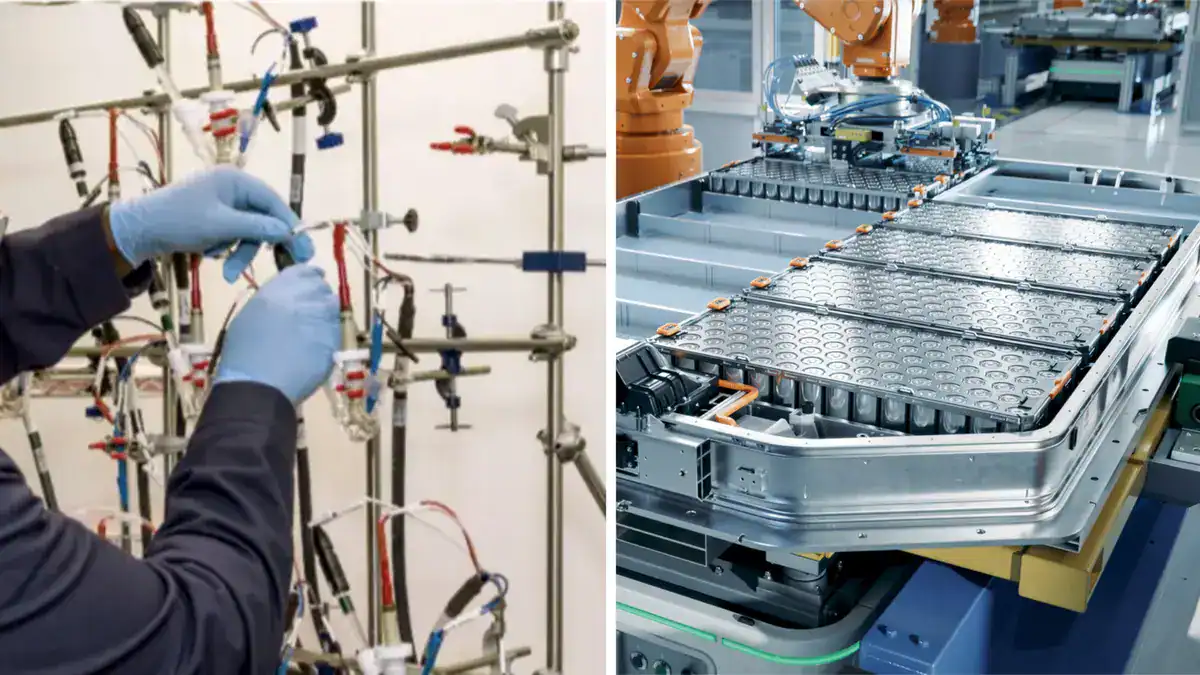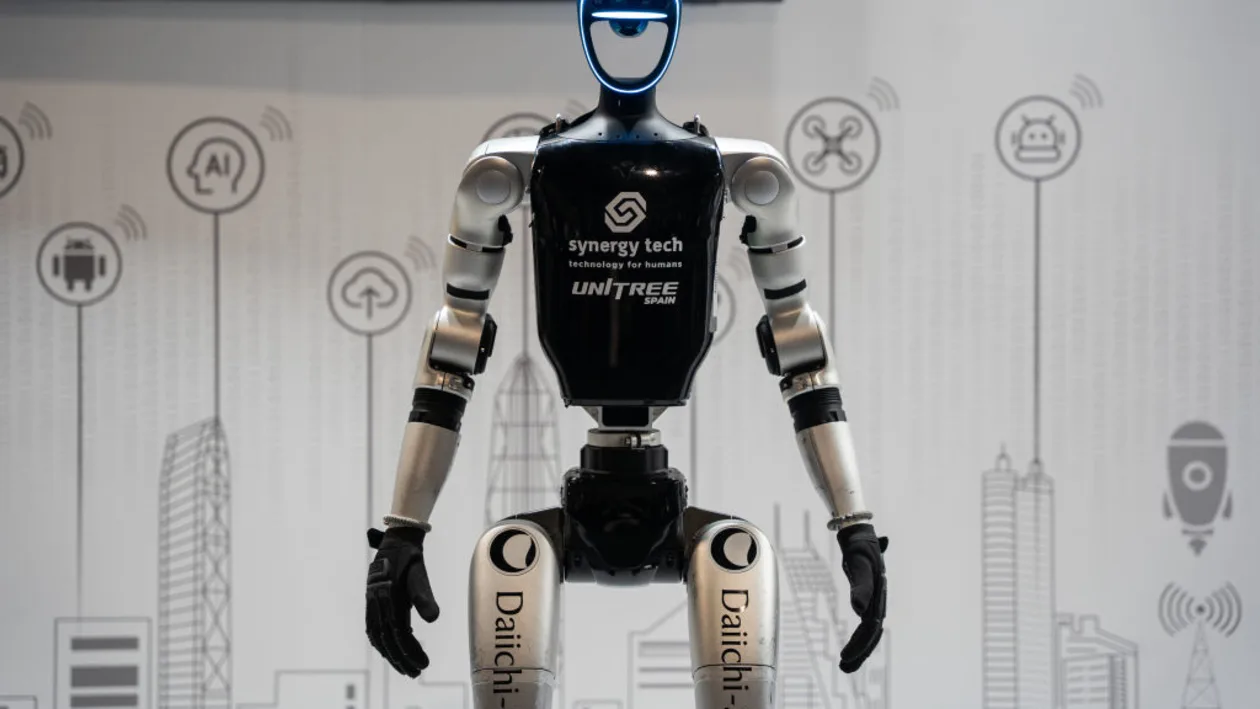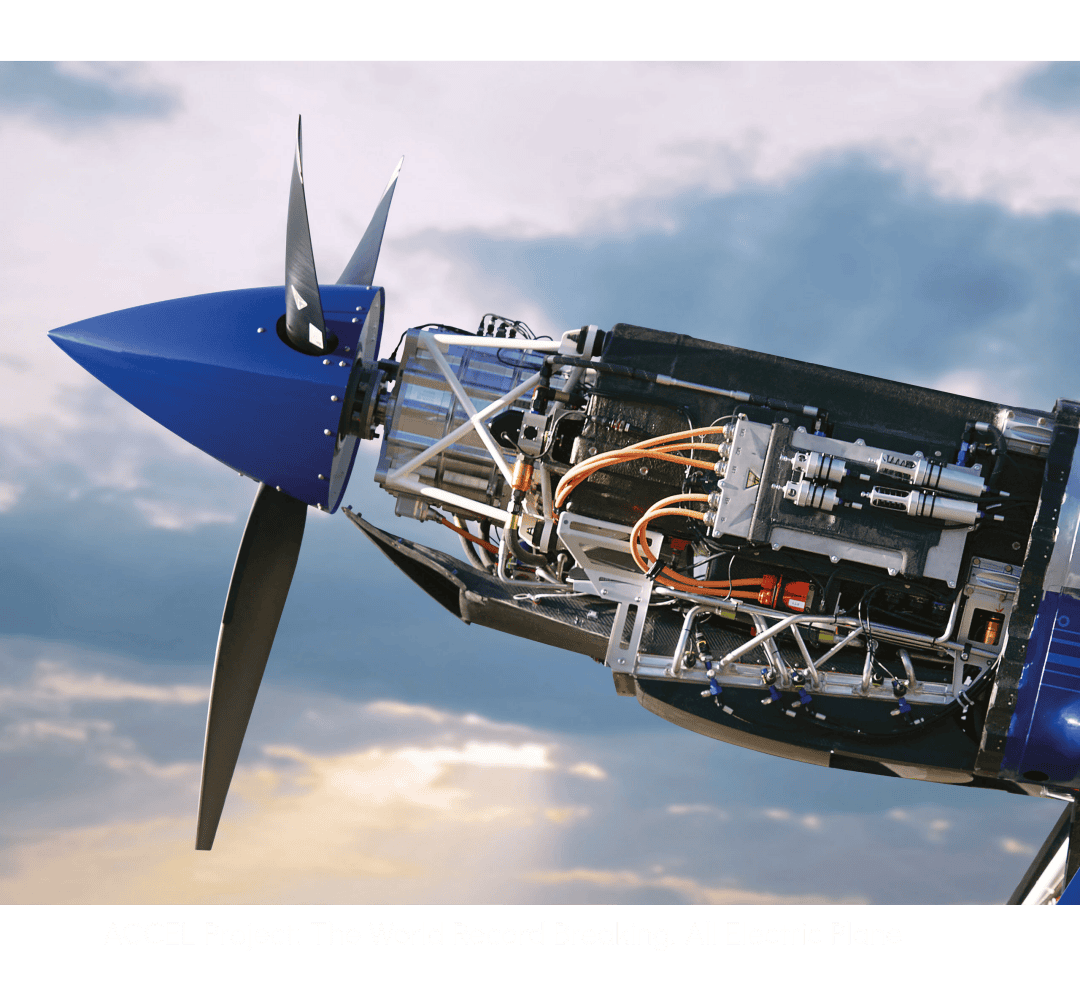BOSTON – Innovations in batteries are advancing the development of electronic devices, robotics, electric vehicles, and modern machines. However, making batteries safer in different conditions during their widespread use hasn’t been an easy task for developers.
Some battery fire incidents have also weakened customers’ interest in electric vehicles and larger machines powered by batteries.
In this regard, a startup has developed a non-flammable battery. Alsym Energy’s high-performance, inherently non-flammable, and non-toxic batteries are aimed at replacing lithium cells.
Claimed to be a low-cost solution, Alsym’s batteries support a wide range of discharge durations.
New battery chemistry
The company maintains that its new battery chemistry is unrelated to anything currently available on the market.
Their metal-oxide battery chemistry leverages a mechanism analogous to the one found in lithium-ion batteries, with the working ion shuttling between the anode and cathode.
Although functionally similar to lithium-ion cells, Alsym’s batteries utilize non-flammable, non-toxic materials and a water-based electrolyte.
Dendrite-free
This design makes Alsym cells inherently dendrite-free, preventing thermal runaway and its potentially disastrous consequences.
Alsym co-founder and MIT Professor Kripa Varanasi stated that renewables are intermittent, so “you need storage, and to really solve the decarbonization problem, we need to be able to make these batteries anywhere at low cost.”
The company believes its batteries, which are currently being tested by potential customers around the world, hold enormous potential to decarbonize the high-emissions industrial manufacturing sector, and they see other applications ranging from mining to powering data centers, homes, and utilities, reported MIT News.
Flexible storage durations
Alsym maintains that it uses sustainable, non-toxic materials, reducing environmental impact and supply chain risks.
It also offers more flexible storage durations, ranging from 2 to 110 hours, making it adaptable for various energy storage needs. And it is high performance in terms of round trip efficiency (RTE), power output, and charging speed. Finally, its levelized cost of storage is comparable to or lower than lithium-ion for stationary storage solutions, according to the company.
Alsym claims that its batteries are a safe and non-toxic alternative to lithium cells. Unlike lithium-ion batteries, which can pose fire hazards, Alsym’s battery is designed to avoid these risks, offering a safer solution for residential and commercial.
“Compared to other non-lithium batteries, Alsym Green has 2-10X higher energy density, making it a more space-efficient and powerful solution for 20′ containerized DC blocks,” said the company in a statement.
“Further, it has best in class round trip efficiency (RTE) of 92%, fast charge (C/4), low self-discharge (<0.25% per day), and configurable discharge durations from 2-110 hrs. Overall, it has a performance profile that no other non-lithium battery can match.”
1.7 megawatt hours of electricity
Although the batteries don’t quite reach the energy density of lithium-ion batteries, Varanasi says Alsym is first among alternative chemistries at the system-level. He stated that 20-foot containers of Alsym’s batteries can provide 1.7 megawatt hours of electricity, according to MIT News.
Alsym co-founder and CEO Mukesh Chatter stated that the company is enabling the decarbonization of markets, which was not possible before. Chatter highlighted that no chemical or steel plant would dare put a lithium battery close to their premises because of their flammability.
“We’re highly configurable, and that’s important because depending on where you are, you can sometimes run on two cycles a day with solar, and in combination with wind, you could truly get 24/7 electricity,” said Chatter. “The need to do multiday or long duration storage is a small part of the market, but we support that too.”








